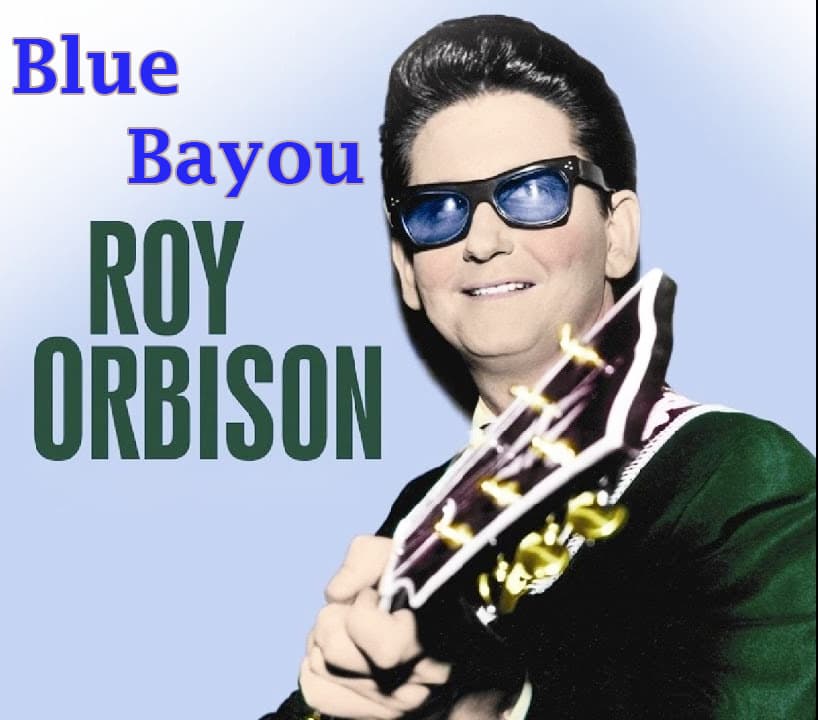
A poignant reflection on a longing for home and a simpler, happier time.
There are certain songs that don’t just fill a room; they wrap around your very soul, transporting you to a different place and time, a place often painted in the soft hues of nostalgia and bittersweet longing. Roy Orbison‘s 1963 classic, “Blue Bayou,” is one such song. It’s an aching, soaring ballad that stands as a testament to the power of a single, heart-wrenching vocal performance. When the song begins, it’s as if a dusty, old projector has flickered to life, showing us a memory we didn’t even know we had. We’re instantly there with him, on the outside looking in, yearning for a place of peace and familiarity.
What makes “Blue Bayou” so remarkable is its ability to resonate on such a deep, personal level. It’s a song about the universal feeling of homesickness, of being far away from the one place that truly feels like your own. Orbison, with his signature dark glasses and otherworldly falsetto, isn’t just singing about a geographical location; he’s singing about a state of mind, a yearning for an innocent happiness that perhaps never was, or was lost long ago. He paints a picture of a life that’s been left behind, filled with simple pleasures like “a familiar sunrise through sleepy eyes” and the gentle sway of Spanish moss on the trees. The “Blue Bayou” becomes a metaphor for paradise, for a lost love, for the comfort of home, or for any place where we once felt complete. The lyrics, which he co-wrote with Joe Melson, are a masterclass in understated melancholy. He’s not angry or bitter; he’s simply sad, and that quiet, profound sadness is what makes the song so powerful.
While the song is synonymous with Roy Orbison, it’s interesting to note its history. Originally released in 1963 as the B-side to his single “Mean Woman Blues,” it was his second hit of that year from the In Dreams album. In the United States, it didn’t receive an official radio push and peaked at a modest No. 29 on the Billboard Hot 100. However, across the Atlantic, it found its true audience, becoming a smash hit and climbing to No. 3 on the U.K. charts. But for many, the song’s legacy was cemented by Linda Ronstadt‘s iconic 1977 cover, which became her signature song and a worldwide smash, reaching No. 3 on the U.S. pop charts. Her version, while beautiful, has a different feel—a more confident, almost defiant yearning. Orbison’s, however, is pure vulnerability. The raw emotion in his voice, the way it cracks just so on the high notes, is the sound of a man who has lost everything and can only hope to find his way back home.
He’s not just a singer; he’s a storyteller, and with “Blue Bayou,” he tells a story that has no happy ending, only the promise of a distant hope. It’s a song that speaks to the restless spirit in all of us, the part that’s always wondering if we can ever truly go home again. As the final notes fade, we are left with the echo of his voice and the enduring image of a peaceful, perfect place, somewhere we might all be headed one day, if we could only find the way back.